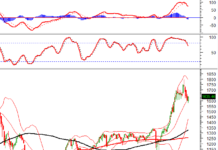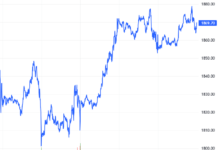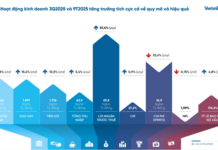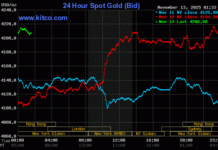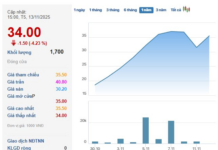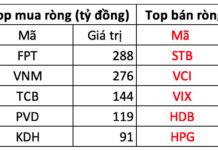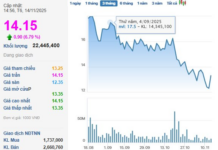In 2020, the Ministry of Agriculture and Rural Development and the World Bank’s International Development Association (IDA) as the trustee of the Forest Carbon Partnership Facility (FCPF) signed an Emissions Reduction Payment Agreement (ERPA) for the North Central Coast region.
According to this agreement, Vietnam will transfer 10.3 million tons of CO2 emission reductions in the North Central Coast region for the period 2018-2024 to FCPF through the World Bank at an agreed price of $5 per ton of CO2.
The total amount of the transfer under the agreement is equivalent to $51.5 million, or about 1,200 billion VND.
Recently, there have been some questions about why each Vietnamese forest carbon credit is sold for only $5 instead of a higher price?
Regarding the issue of carbon credit prices, Mr. Nguyen Van Minh – Head of the Economic and Climate Change Information Department – Department of Climate Change (Ministry of Natural Resources and Environment) spoke more about the understanding of carbon credit prices within the framework of the Carbon Credit Market workshop – Driving the construction of a Green Vietnam organized by Tuoi Tre newspaper on the morning of 20/4.
According to Mr. Minh, carbon credit prices in different countries vary greatly, with some countries only $1 per ton of carbon, while others sell it for $140 per ton.
Mr. Minh clarified that the EU trades in CO2 ton quotas, not carbon credits.
“Carbon credits are mainly traded on the voluntary carbon market, and the recent price I checked ranges from only $1-2 depending on the type of carbon credit,” Mr. Minh added.

Mr. Minh clarified that the EU trades in CO2 ton quotas, not carbon credits. Photo: Tuoi Tre.
According to Dr. Pham Van Dai – Senior Lecturer at the Fulbright School of Public Policy and Management, it is very difficult to determine whether the price of $5/carbon credit is high or low because it is a market price. Carbon credits themselves need to be seen as national resources, not infinite or renewable.
High or low carbon credit prices are related to quality
The carbon tax is over $100, while carbon credits are currently traded at around $5. According to Dr. Dai, this is also related to quality. Even in Australia, after the inventory, the quality of 3/4 of the credits was found to be problematic, with many forests that were sold for carbon credits being destroyed after they were sold.
Mr. Dai cited reports indicating that the price of carbon credits could reach $200-300/credit, and this can only be achieved if the quality of the carbon credits is verified, the nature of the project, and the expenses incurred in its implementation.
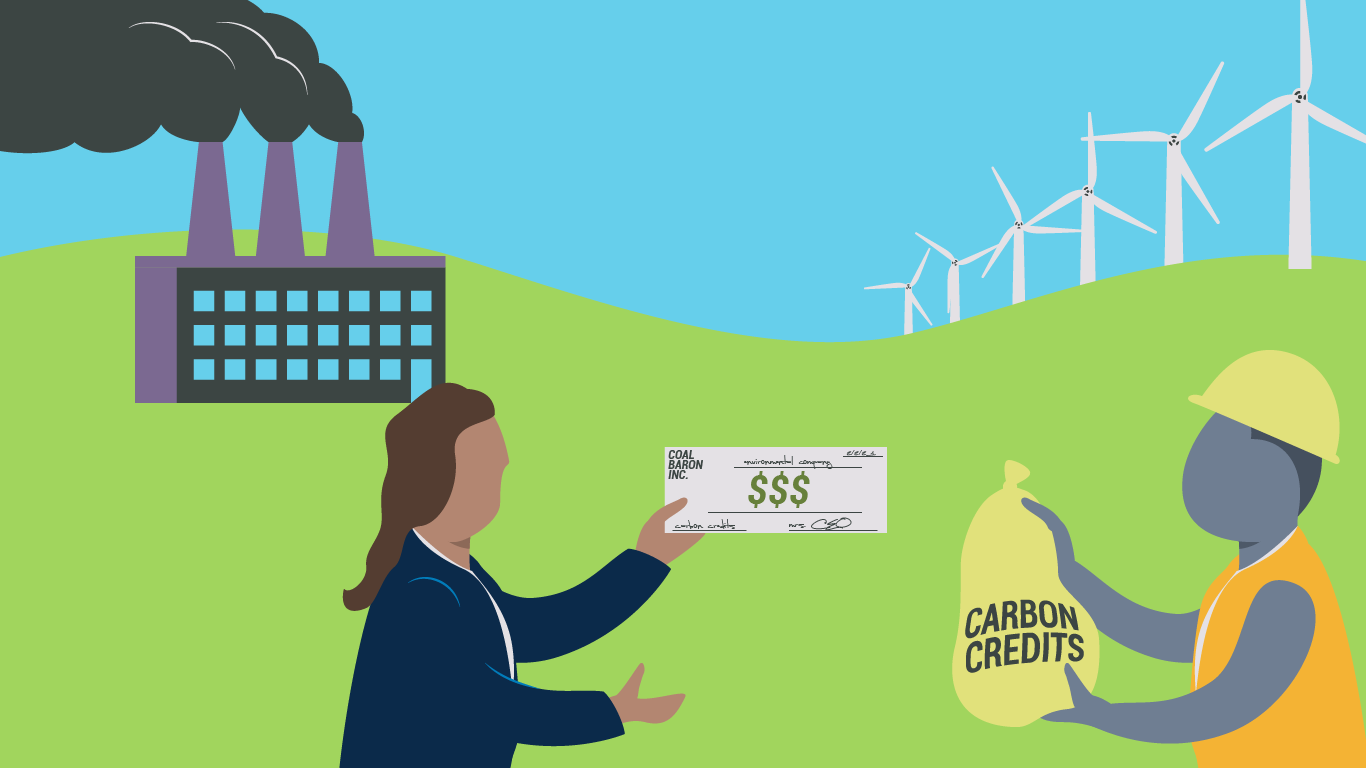
One credit is equivalent to 1 ton of CO2 or 1 ton of equivalent CO2. Illustrative photo
Mr. Nguyen Van Minh – Head of the Economic and Climate Change Information Department – Department of Climate Change (Ministry of Natural Resources and Environment) – added: Globally, in the period 2008-2012, the price of carbon credits reached $30/credit. However, the period 2013-2020 was a “gap” when many countries did not participate in commitments to reduce emissions because they believed that if one country did it and other countries did not, it would be unfair. This led to a sharp decline in the price of carbon credits, to only a few dollars.
Mr. Minh shared a story that in the period 2008-2013, Vietnam also had a project that achieved carbon credits. At that time, the price was high but it was stored and not sold. However, after that, the price of carbon credits fell sharply, and to date, the selling unit still has credits in the custody system, the money to withdraw these credits is higher than the money from selling carbon credits, and the commitment period has expired.
Vietnam currently ranks 5th among countries in creating carbon credits and has earned 1,200 billion VND from selling these credits. According to the roadmap, by 2025, our country will establish a carbon trading platform.
Carbon credits are tradable certificates that represent the right to emit a certain amount of CO2 or other greenhouse gases converted to equivalent CO2. One credit is equivalent to 1 ton of CO2 or 1 ton of equivalent CO2.

